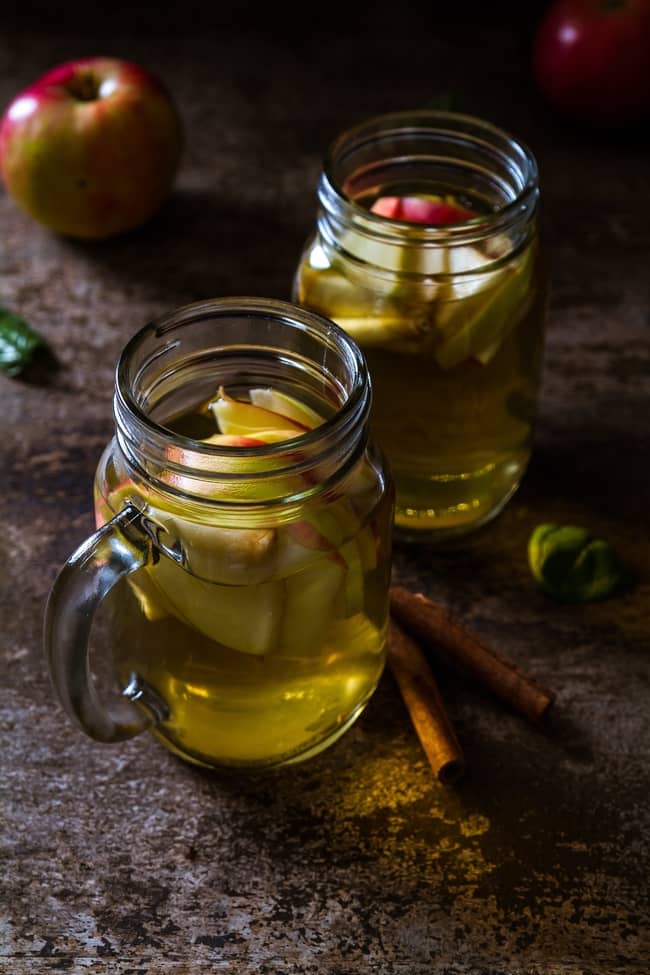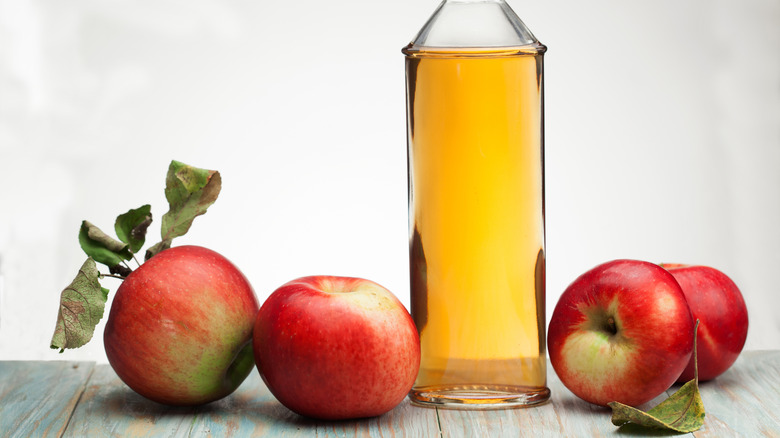How Long Is Unopened Apple Cider Good For

Urgent consumer alert: Unopened apple cider's shelf life is a critical concern, with potential health risks from spoilage. Knowing how long it remains safe is paramount to prevent illness and avoid unnecessary waste.
This article provides critical information on determining the safety of unopened apple cider, focusing on expiration dates, storage conditions, and signs of spoilage to ensure consumer safety.
Understanding Expiration Dates and Labels
The shelf life of unopened apple cider hinges significantly on its packaging and labeling. Look for either a "sell-by," "use-by," or "best-by" date printed on the container.
"Sell-by" dates are intended for retailers, indicating the last day the product should be sold, while "use-by" dates suggest when the product is at peak quality. "Best-by" dates also indicate quality, not safety.
Pasteurized cider generally lasts longer than unpasteurized cider. Always check the label to determine if the cider has been pasteurized.
Pasteurized vs. Unpasteurized Cider
Pasteurization is a heat treatment process that kills harmful bacteria, extending shelf life. According to the FDA, pasteurized apple cider can typically last several months unopened when refrigerated.
Unpasteurized cider, however, has a significantly shorter shelf life, usually lasting only a few weeks in the refrigerator. Always keep unpasteurized cider refrigerated.
The CDC strongly recommends pasteurized cider for individuals with weakened immune systems, young children, pregnant women, and older adults due to the risk of harmful bacteria like E. coli.
Proper Storage is Key
Regardless of whether the cider is pasteurized or unpasteurized, proper storage is essential. Refrigeration at or below 40°F (4°C) is critical for maintaining quality and safety.
According to FoodSafety.gov, improper storage can accelerate spoilage and increase the risk of bacterial growth, even in pasteurized products.
Avoid storing cider in warm environments or direct sunlight, as this can degrade the product and shorten its shelf life. Always follow the manufacturer's storage recommendations.
Signs of Spoilage to Watch For
Even before the expiration date, check for signs of spoilage. Obvious indicators include a change in color, odor, or taste.
A sour or off-putting smell, unusual cloudiness, or the presence of mold are all signs that the cider has gone bad and should be discarded. Discard any cider from containers that appear to be bulging or leaking.
Never taste cider if you suspect it may be spoiled. Ingesting spoiled cider can lead to foodborne illness, causing symptoms like nausea, vomiting, and diarrhea.
What to Do If You're Unsure
When in doubt, throw it out. It's always better to err on the side of caution when dealing with food safety.
If you are unsure about the cider's age or storage conditions, discard it rather than risk illness. Contact your local health department if you believe you’ve consumed spoiled cider and are experiencing severe symptoms.
Remember, manufacturers provide expiration dates and storage guidelines for your safety. Adhering to these guidelines is the best way to protect yourself and your family.
Ongoing research is focused on improving pasteurization methods and developing new packaging technologies to extend the shelf life of apple cider while maintaining its nutritional value and flavor. Stay informed about updates from food safety organizations.




![How Long Is Unopened Apple Cider Good For How Long Does Apple Cider Last Opened? [A Complete Guide with Q&A]](https://betterfood.co/wp-content/uploads/2022/05/Apple-with-bottles-of-apple-cider.jpg)













